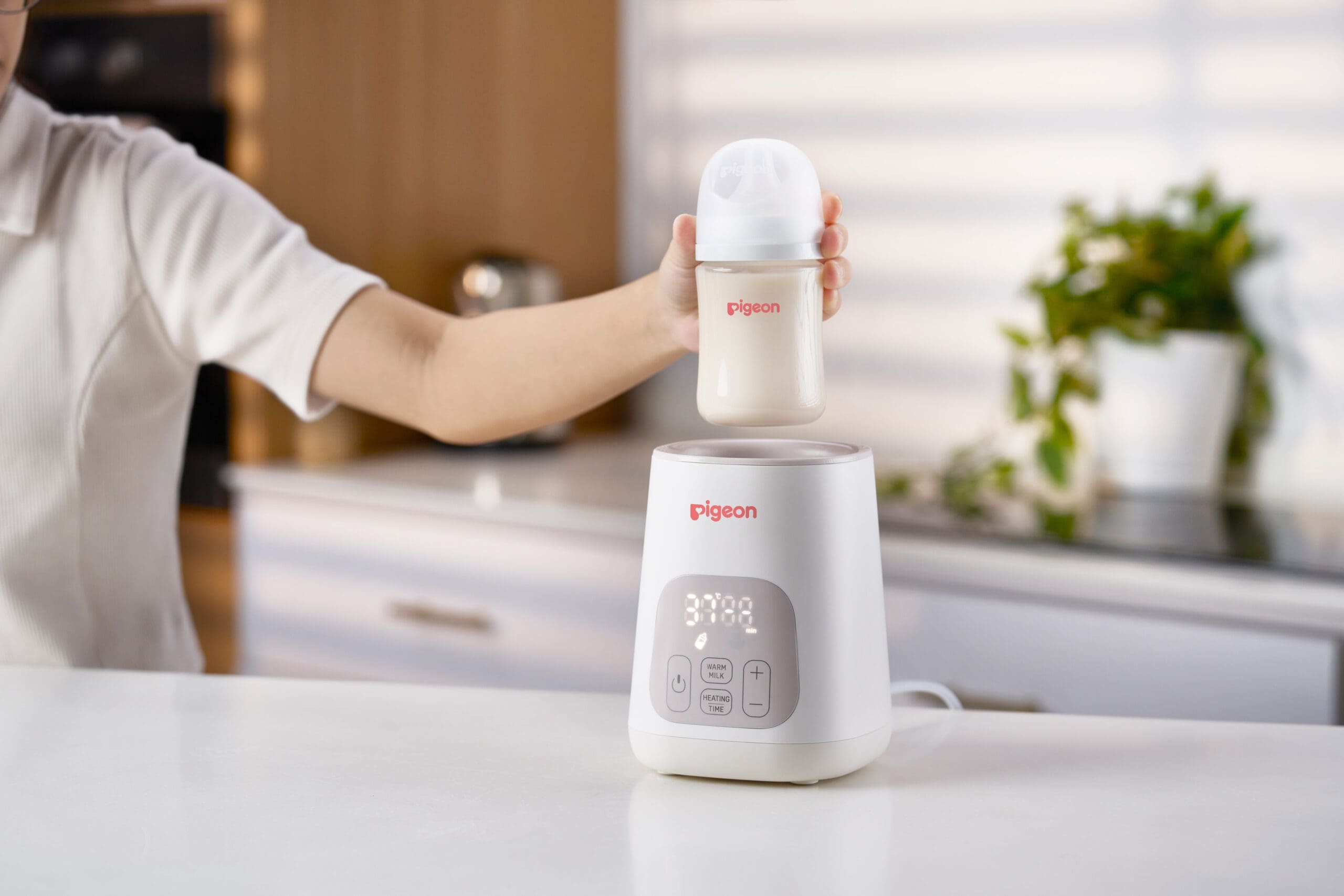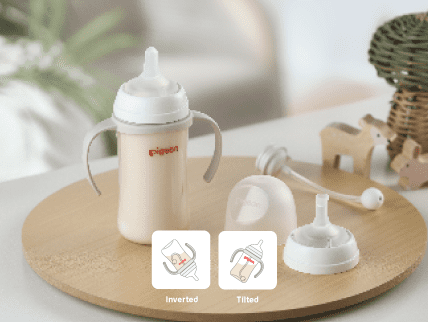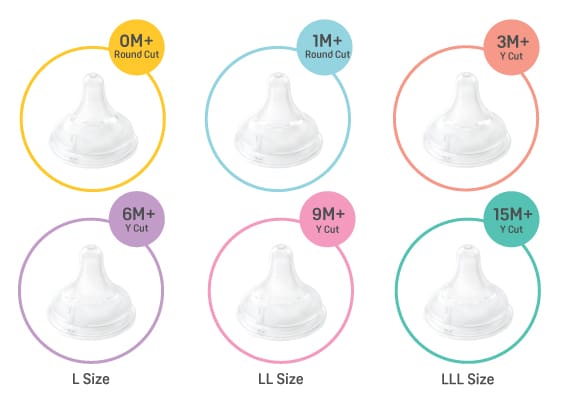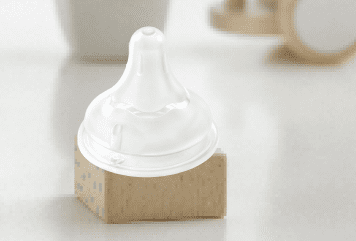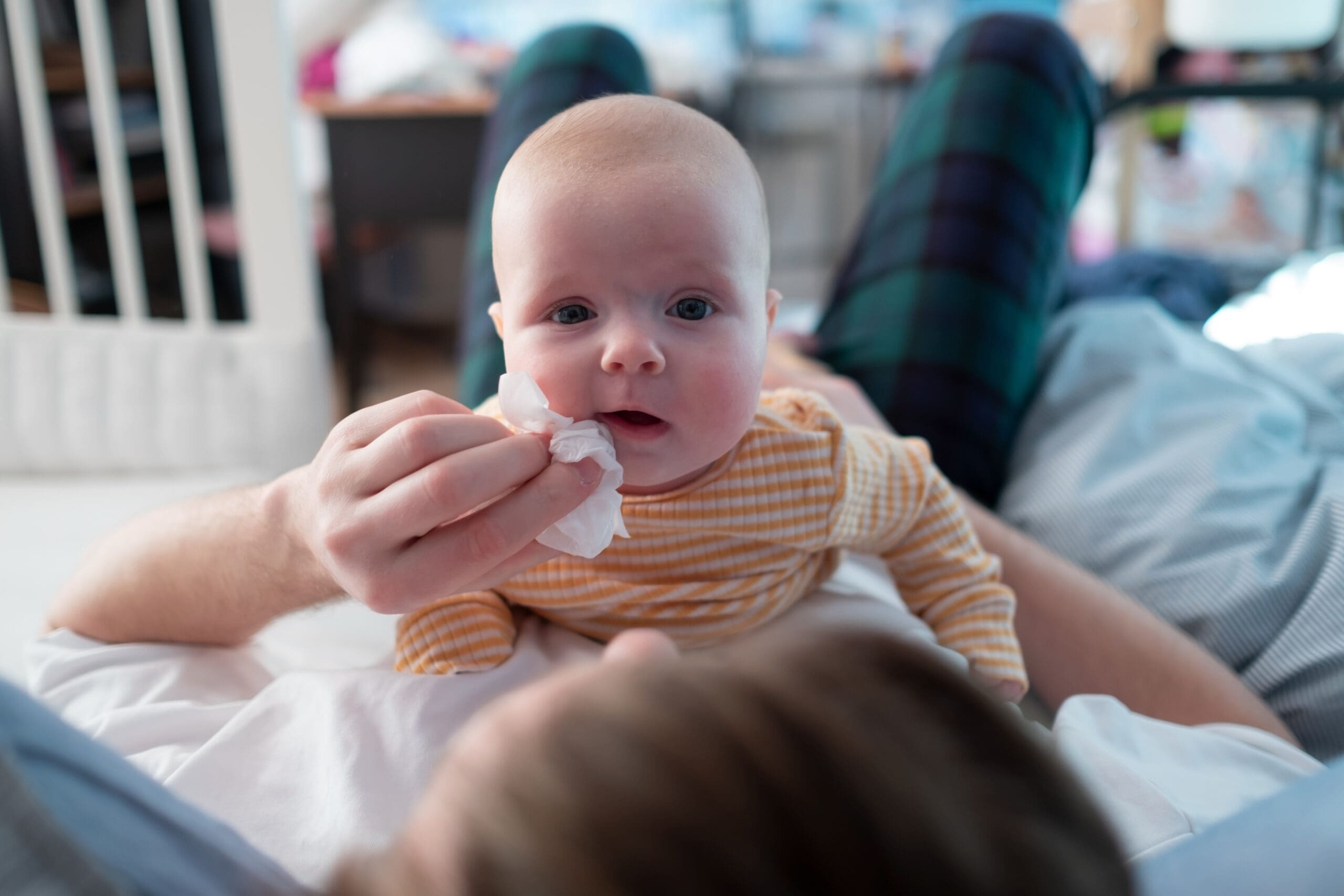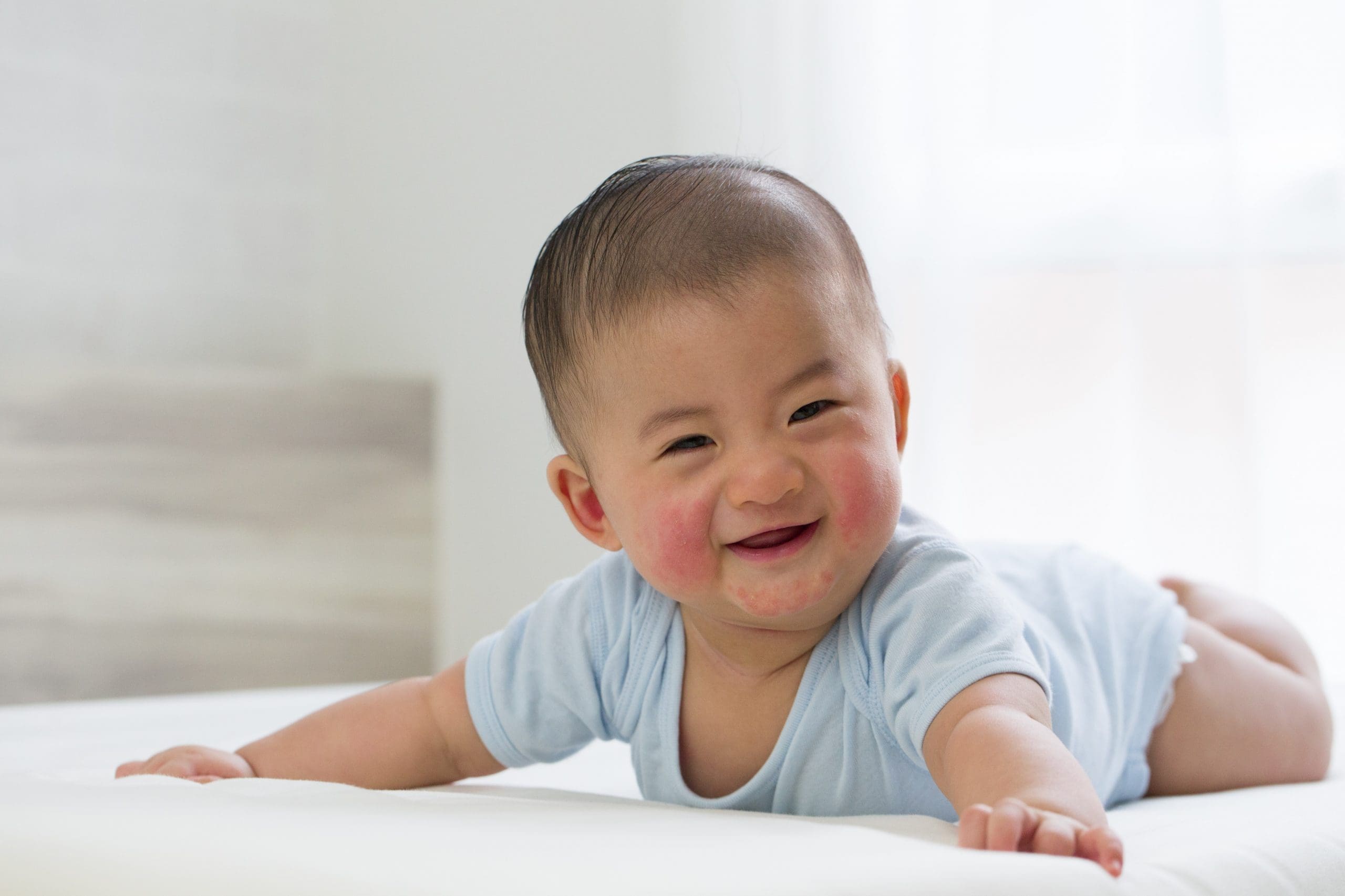It is possible to train your young ones well in order to break these bad sleep habits. However, be prepared as most babies prefer their usual way of going to sleep and may become upset by any changes. Depending on your baby’s temperament, it may take 3 days, or even up to 3 weeks, to let him or her get used to a new sleeping routine.
Can’t wait for a better night’s sleep for you and your little angel?
Here are tips on breaking the most common bad sleep habits:
- Daytime naps
From the onset, your newborn will sleep at will and this may include a lot of daytime naps and intermittent sleep at night. Rest assured that your baby’s nocturnal ways will correct themselves as he or she grows. Nonetheless, here are quick tips to help speed the process along!
Slowly limit your newborn’s daytime naps to 3 hours, and make clear distinctions between night and day. For instance, turn off the lights in its room when napping to simulate sleeping at night.
As your baby grows, it will be fascinated with its surroundings and may resist sleeping immediately, for fear of missing out on the fun! To make up for lost sleep at night, ensure your little one gets enough sleep during the day, as it is even harder to soothe an excitable baby. After a while, your infant will naturally transit to sleeping well at night.
- Night feeds
If you are breastfeeding, chances are that your newborn will suckle until it falls asleep. Either that, or your baby will need to drink from a bottle in order to sleep. This is normal during the first 6 months. Once your baby turns 6 months old, you can start to wean it off night feeds if it is growing well. If you feel comfortable feeding your baby during the night, then take care not to turn on noisy devices like the television or your mobile phone. These will distract your baby from falling asleep after feeding.
Ready to wean your baby off nightly feeds? Start by ensuring it gets enough to eat during the day, and increase the size of its feeds before bedtime. Gradually stretch the time in between night feeds, and soon you and baby will be snoozing happily throughout the night!
- Rocking and patting
Rocking is an age-old practice that brings comfort to every baby, and is a natural instinct in mothers. However, you cannot be rocking your baby each time it wakes up in the middle of the night!
Try teaching your baby to go to bed independently by disassociating rocking with sleeping. If you have been rocking your baby to sleep, this may take months before it starts to work. Start by rocking your baby, then place it in its crib once it gets drowsy. Your young one will definitely cry, but comfort your baby by keeping your hand on it. Pat your baby gently, but stop before it falls asleep. Once your baby gets used to it, it will be able to put itself back to sleep even if it wakes up in the middle of the night!
- Falling asleep on you
Any part of a parent’s body is wonderful to sleep on! Babies may insist that you sleep with them and feel the comfort from your warmth, your arm or your fingers. Apart from having to get up gingerly when your baby is asleep, this creates a sleep routine that is heavily dependent on you.
Consider offering a comfort object that feels like you. It could be a security blanket or soft toy. Offer this object consistently if your baby cries or feels unsettled when awake. Ideally, this object should be small enough for you to carry around in a nappy bag, and easily replaced if lost.
- Pacifiers
Pacifiers are a common sight with babies. However, studies have shown that prolonged use will result in dental issues like teeth alignment. While a pacifier provides comfort to your baby, it is a tricky but essential habit to break — after all, you wouldn’t want to be hunting for the pacifier in the middle of the night when baby loses it!
You have 2 choices:
Help your baby learn to manage its own pacifier during the night by safely tying it to the crib or attaching it to its sleepwear so that its little fingers can easily find it.
The other way is to phase out the pacifier completely. Be warned though that this will be a more challenging process, but it will benefit your baby in the long run.
- Musical toys
Many nurseries would include a musical toy over the crib. There are many different kinds in the market and some even play soft lullaby music that lasts 30 minutes, which is just enough time for your baby to fall asleep on its own. The latest sleep soother toys even project dazzling stars on the ceiling and are built-in with cry sensors. The minute your baby cries, especially at night, soothing music and the glittering light projections would come on. This will put your baby right to sleep!
While using such toys is convenient at first, it will become a habit that is hard to break. Once again, you may have to stop the use of music or light projections at bedtime gradually. You can still use these toys to lull your baby to sleep, but turn them off once baby starts getting drowsy so that it learns to fall asleep on its own.
Remember, while it is important to help your baby develop healthy sleeping habits, you must also look after yourself! Get enough rest as it can be tiring to phase out your baby’s bad sleep habits. Only you know what is best for you and your baby. Sleep tight!
6 bad sleep habits for babies and how to break them
